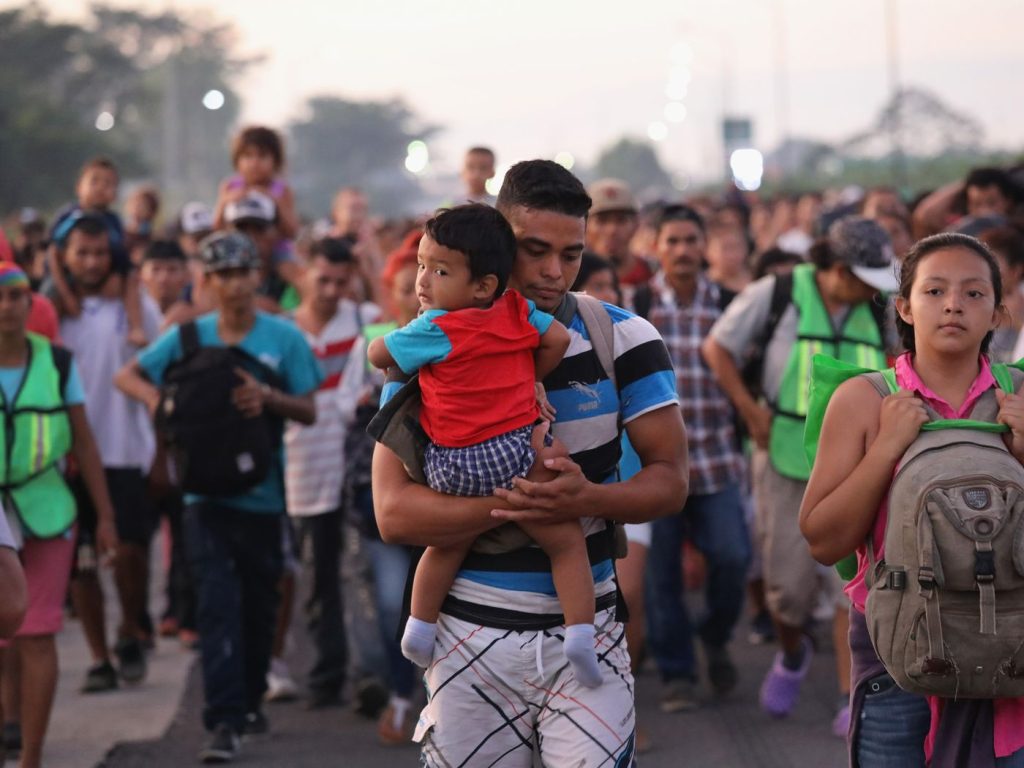
In today's interconnected world, the issue of refugees and immigration policies has become increasingly important.
Humanitarian crises, such as conflicts, persecution, and natural disasters, often force individuals and families to flee their homes in search of safety and a better future. This blog post aims to shed light on the challenges faced by refugees and explore the significance of compassionate and well-designed immigration policies in addressing these crises.
Understanding the Refugee Crisis: To begin, let’s delve into the global refugee crisis and its causes. Millions of people worldwide are displaced due to armed conflicts, political instability, and human rights abuses. Their desperate journeys are marked by harrowing experiences and the search for safety in neighboring countries or even across continents. It is crucial to comprehend the reasons behind these displacements to grasp the urgency of addressing this humanitarian issue.
The Role of Immigration Policies: Effective immigration policies play a pivotal role in addressing the needs of refugees and managing the impact of mass migrations. When well-designed and compassionate, these policies can provide a lifeline for those seeking refuge and ensure their integration into host societies. By examining various immigration policy approaches, we can better understand how to strike a balance between security concerns and humanitarian imperatives.
Humanitarian-Based Immigration Policies: One approach focuses on establishing humanitarian-based immigration policies that prioritize the protection of refugees. These policies emphasize the principles of asylum, non-refoulement, and access to fair and efficient asylum procedures. By providing a legal framework that recognizes the rights of refugees, countries can create a more welcoming environment for those fleeing from persecution and violence.
Integration and Support Mechanisms: Another vital aspect of addressing the refugee crisis lies in the provision of comprehensive support systems for integration. This includes access to education, healthcare, language training, and employment opportunities. By facilitating the integration process, host countries can help refugees rebuild their lives, contribute to local economies, and foster social cohesion within their communities.
International Cooperation and Responsibility Sharing: Addressing humanitarian crises requires a collective effort from the international community. Cooperation among nations is essential to provide adequate protection and support for refugees. The establishment of regional frameworks and international agreements can promote burden-sharing, equitable distribution of responsibilities, and the fair treatment of refugees across borders.
Conclusion: In conclusion, the challenges posed by refugees and humanitarian crises necessitate thoughtful and humane immigration policies. By adopting a comprehensive approach that emphasizes the protection of refugees, integration support, and international cooperation, nations can address the needs of those affected by such crises while ensuring the security and well-being of both refugees and host communities. As we strive for a more inclusive and compassionate world, it is imperative that we recognize the importance of addressing humanitarian crises through effective immigration policies.
